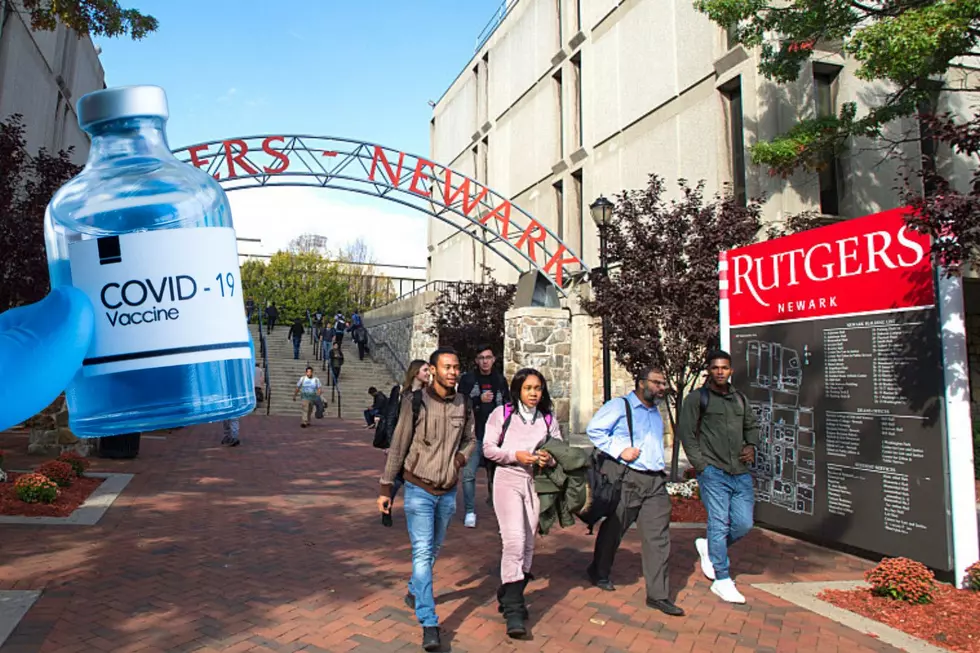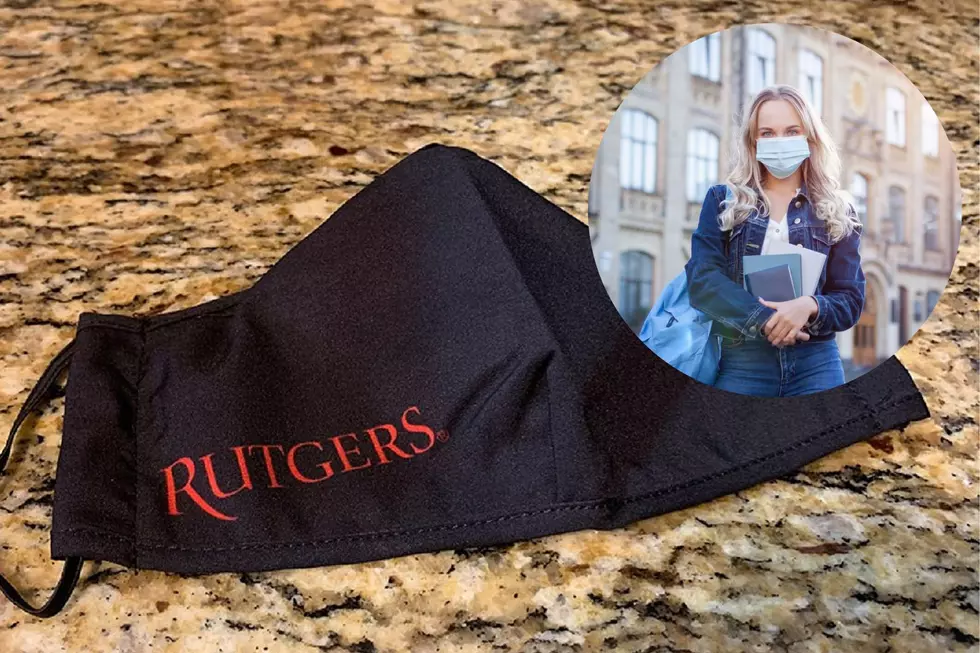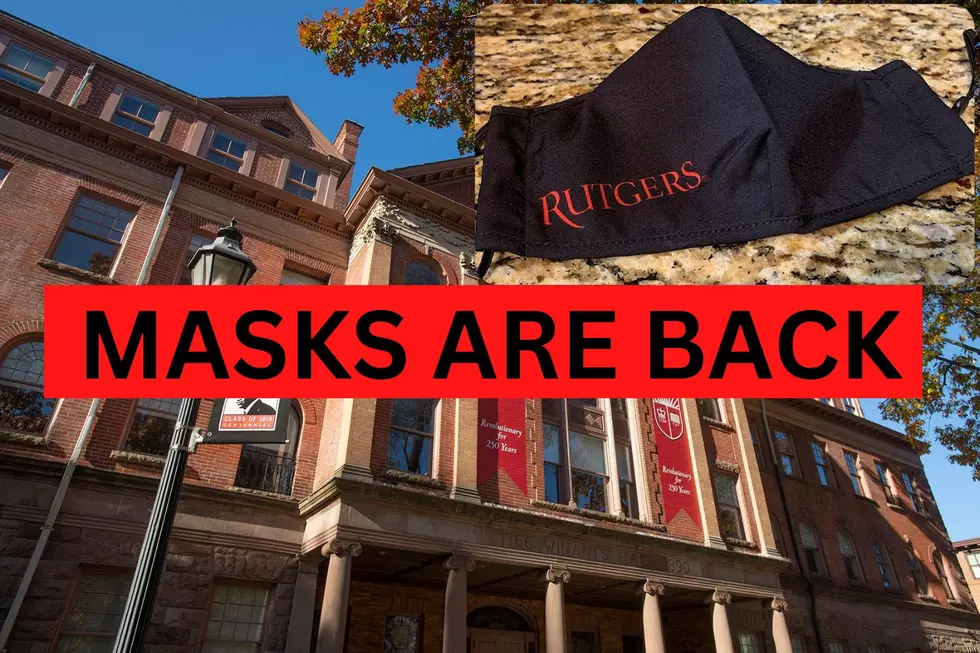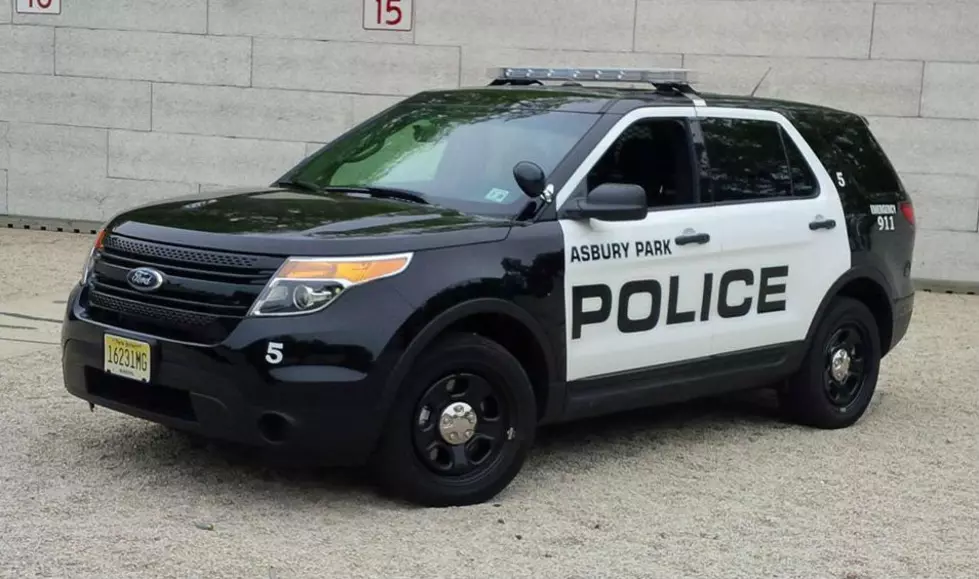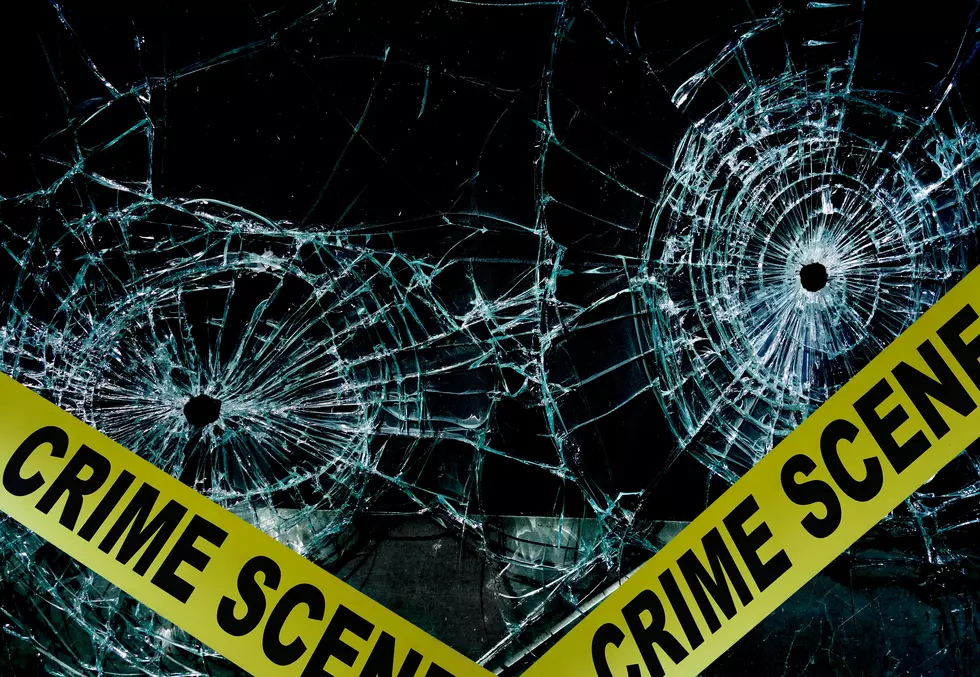
Living in ‘survivor cities’ — Certain crimes go underreported in NJ
They're called "survivor cities" — places where residents may not yet have been personally touched by gun violence but the threat continually remains that they might.
Daniel Semenza, assistant professor at Rutgers University-Camden and director of interpersonal violence research for the school's New Jersey Gun Violence Research Center, is applying that term to cities like Philadelphia and several of its neighbors to the east in the Garden State.
In Philly, rates of shootings that have been inching upward since a nationwide bottoming out in 2013 have not abated following a spike in 2020, brought on by the many effects of the COVID-19 pandemic.

This is happening in New Jersey cities too, but often goes underreported because not every incident involving a shooting ends in death.
However according to Semenza, three out of every four killings are carried out with a gun, so even though raw fatality numbers in Camden may pale in comparison to those across the Delaware River, it doesn't mean the problem isn't just as pronounced.
"That is every city in America," Semenza said. "For every one homicide, there's roughly three-and-a-half to four non-fatal shootings that don't get talked about as much."
The lasting impact of a non-fatal shooting
And there's a sort of ripple effect for victims and their families, Semenza explains, when someone does survive a shooting.
"If a person is shot and they are not killed, they are still a person who is living with likely very serious injuries, for the rest of their lives, that can be enormously debilitating," he said.
Much of Semenza's research on a day-to-day basis consists of what can be done to curb violent gun incidents.
Rates are receding in certain areas of the United States, he said, but that's not true everywhere.
Not one-size-fits-all
It comes down to the approach a particular jurisdiction is taking, and while Semenza advocates for comprehensive gun reform across the board, individual cities have their own ways of keeping ears to the ground.
"One thing that works in the city of Camden doesn't necessarily work in Paterson or East Orange or Trenton," Semenza said.
He pointed to the Newark Community Street Team as an initiative that has made a dent in some of that city's numbers.
"A place like Newark has been very successful over the last couple of years in keeping violent crime relatively lower and really addressing it," Semenza said.
Other cities may adopt a hospital-based system of intervention, or could choose to augment their policing policies.
In the city of Camden, for instance, the takeover of police operations by Camden County has been met with a certain measure of acclaim.
But there remains much work to be done to drive these record-high incident rates down.
Patrick Lavery is a reporter and anchor for New Jersey 101.5. You can reach him at patrick.lavery@townsquaremedia.com
Click here to contact an editor about feedback or a correction for this story.
These NJ towns have the highest rates of sexually transmitted diseases
Say you’re from Jersey without saying you’re from Jersey
What would happen to NJ if we were attacked by nuclear weapons?
More From Beach Radio
